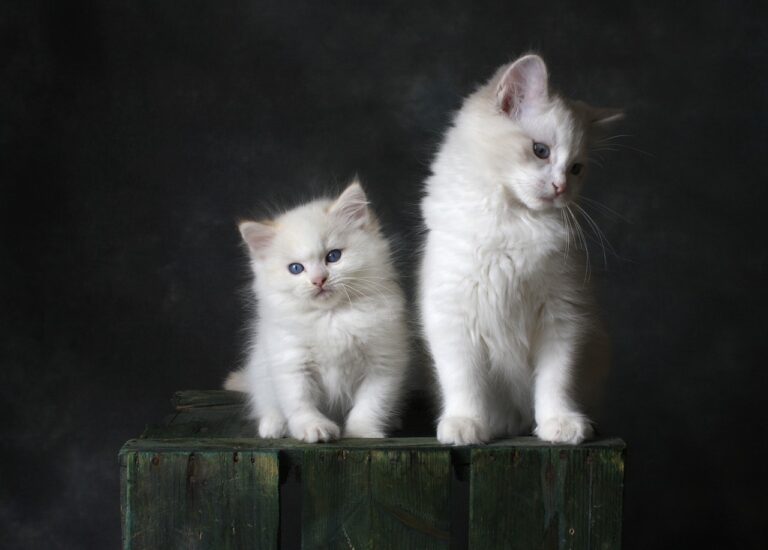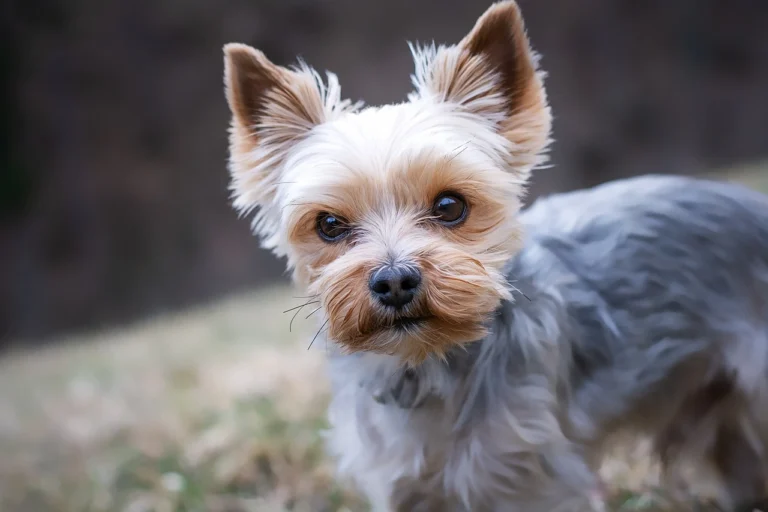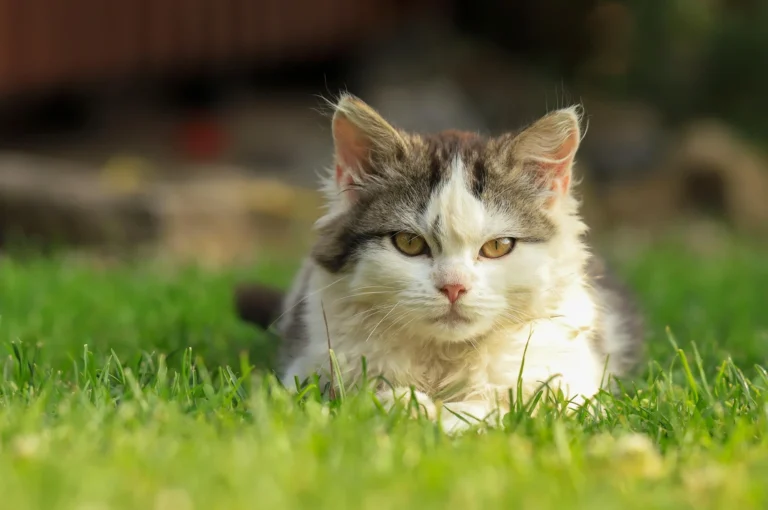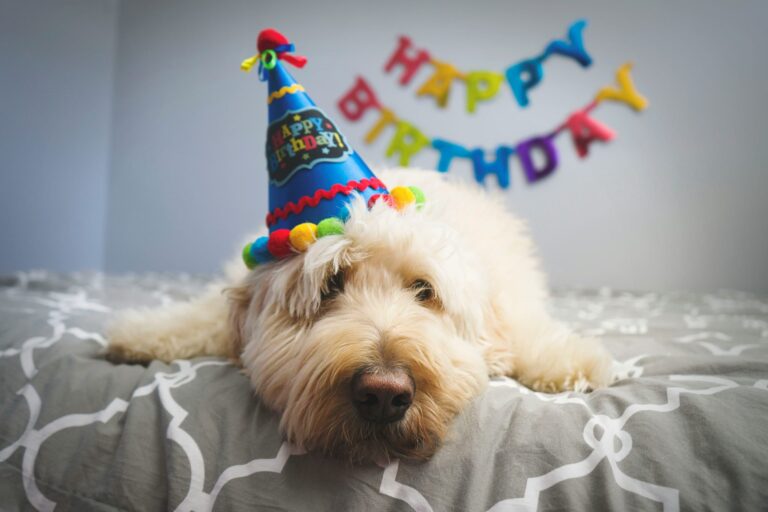25 Must-Know Puppy Training Facts for New Dog Moms!
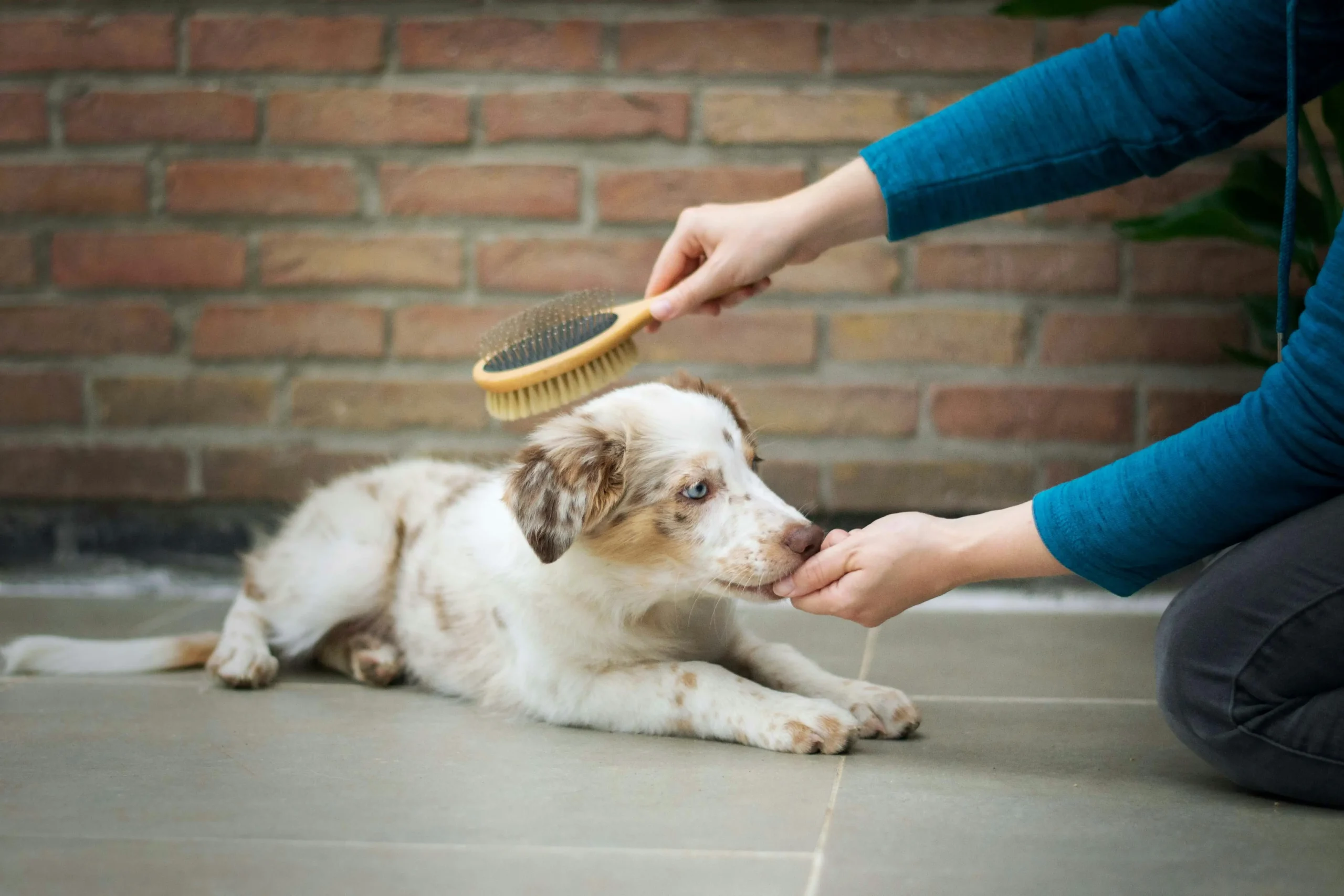
Welcome to the most joyful, tail-wagging chapter of your life puppy parenting! Whether your pup is bouncing off the walls, nibbling your toes, or just fell asleep on your favorite shoes, one thing’s for sure: your heart is already stolen.
Here’s your go-to guide with 25 fun, helpful, and oh-so-easy puppy training facts every dog mom (and dog dad) should know. Each one is here to make your days smoother and your bond stronger.
1. Puppies Learn Faster Than You Think (Even at 8 Weeks!)
You might think your little pup is too young to learn anything besides how to nap and chew slippers, but guess what? Most puppies can start basic training around 7–8 weeks old! Their brains are growing fast, and they soak up habits like a sponge good and not-so-good ones.
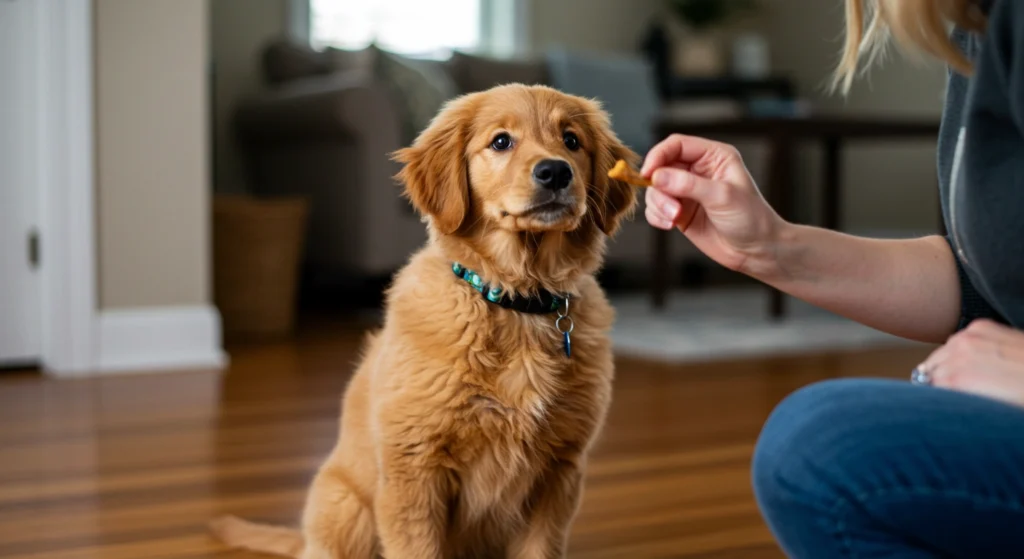
Start simple. Teach them their name first. Say it in a happy voice and reward them with a treat or cuddle when they look at you. Then move on to easy commands like “sit,” “come,” and “stay.” Keep lessons super short 5 to 10 minutes at most and always end on a good note.
Imagine this: your tiny fluffball sitting proudly for the first time. That sparkle in their eyes? That’s joy. That’s connection. And that’s how good habits begin.
🐾 Puppies aren’t just cute they’re smart, eager, and watching your every move. Teach early, love often.
2. Your Voice is the Most Powerful Tool You Have
You don’t need fancy gear to train your puppy. You already have something powerful: your voice. Puppies don’t just hear words they feel tone. A warm, cheerful voice tells your pup, “You’re doing great!” A calm, low voice says, “That’s not okay, let’s try again.”
Shouting or scolding? It confuses and scares them. They don’t understand “bad dog,” but they do understand your energy. Keep your voice light when praising, and firm (not loud) when correcting. Think of yourself as a loving guide not a drill sergeant.
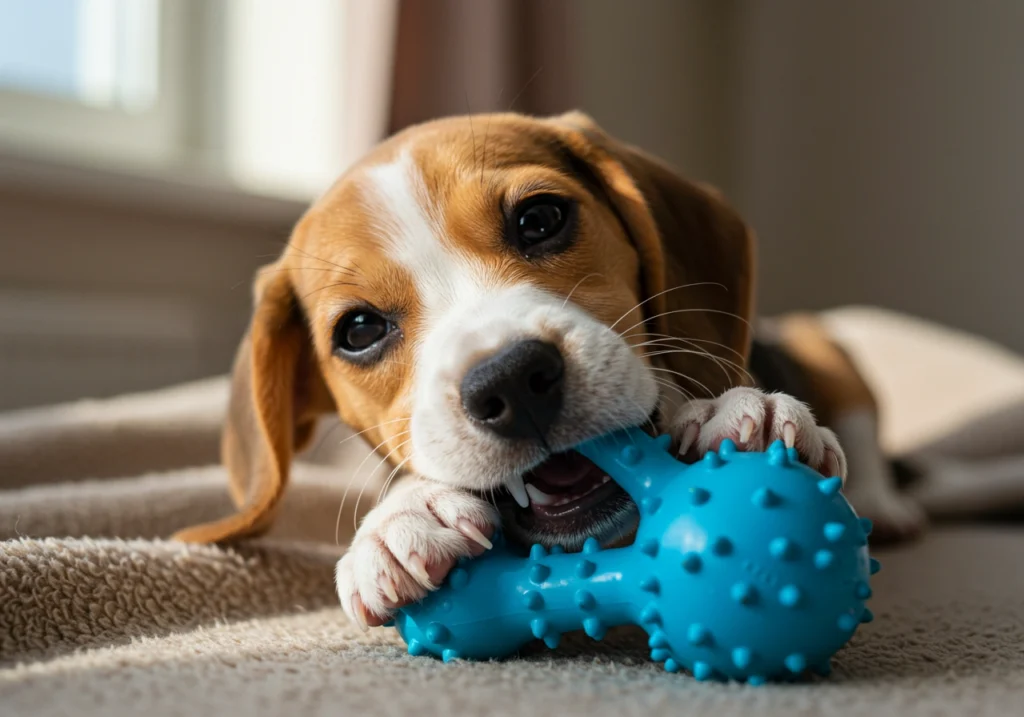
When you say “sit” with a smile and reward them with a treat or gentle praise, your voice becomes something they trust. Over time, that trust builds a beautiful bond and makes training easier every single day.
💬 “Your dog may not understand your words, but they’ll always understand your heart.”
3. Treats Are Tiny Miracles but Timing is Everything
Puppies will do just about anything for a tasty treat. But it’s not just the snack it’s when you give it that makes the magic happen.
The best time to reward your pup is immediately after the good behavior. Did they sit on command? Treat! Came when called? Treat! The faster the reward follows the action, the more your puppy connects the dots.
Keep treats small think pea-sized. Soft ones are best because puppies can gobble them quickly without getting distracted. And don’t worry, you won’t always need them. As your dog grows, you can switch to praise, play, or even belly rubs.
Also, try mixing it up: a surprise toy, a happy “yes!” or a mini dance party in the living room. The goal is to make good behavior feel great.
🍖 “Good behavior + a tasty treat = a happy dog and an even happier dog mom.”
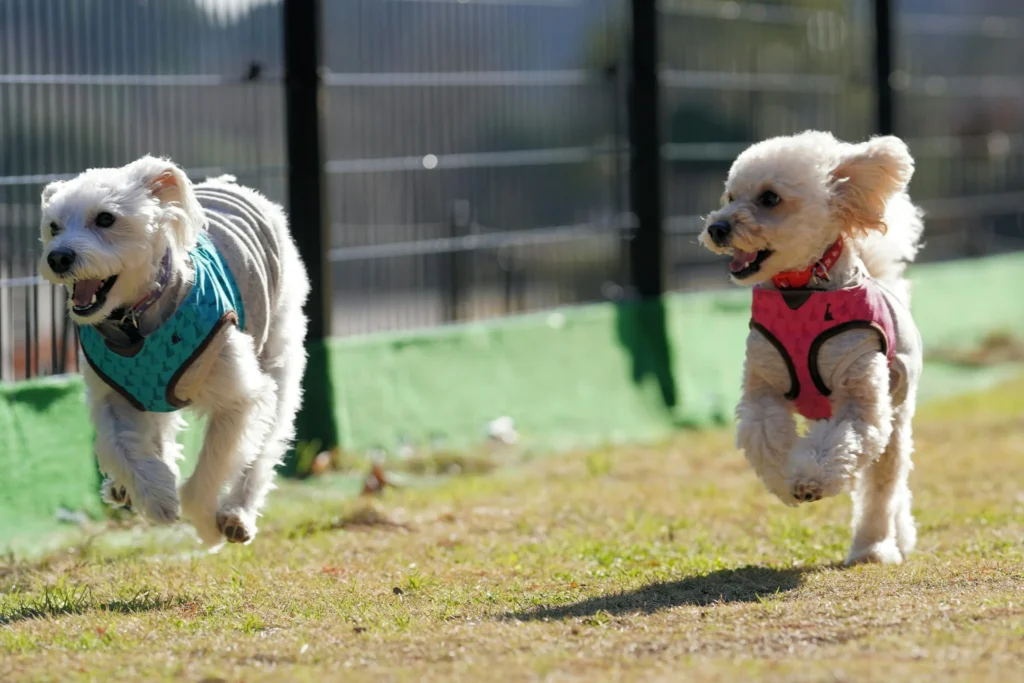
4. Short Training Sessions Beat Long Ones Every Time
Puppies have tiny tummies and tiny attention spans. Trying to train for 30 minutes straight? That’s a recipe for stress (for both of you). Instead, stick to 5–10 minute sessions throughout the day.
Why? Because your puppy learns better in little bursts. Think of it like puppy preschool: fun, light, and full of breaks. After a short session, let them play or nap. Then, try again later with a new skill or repeat an old one.
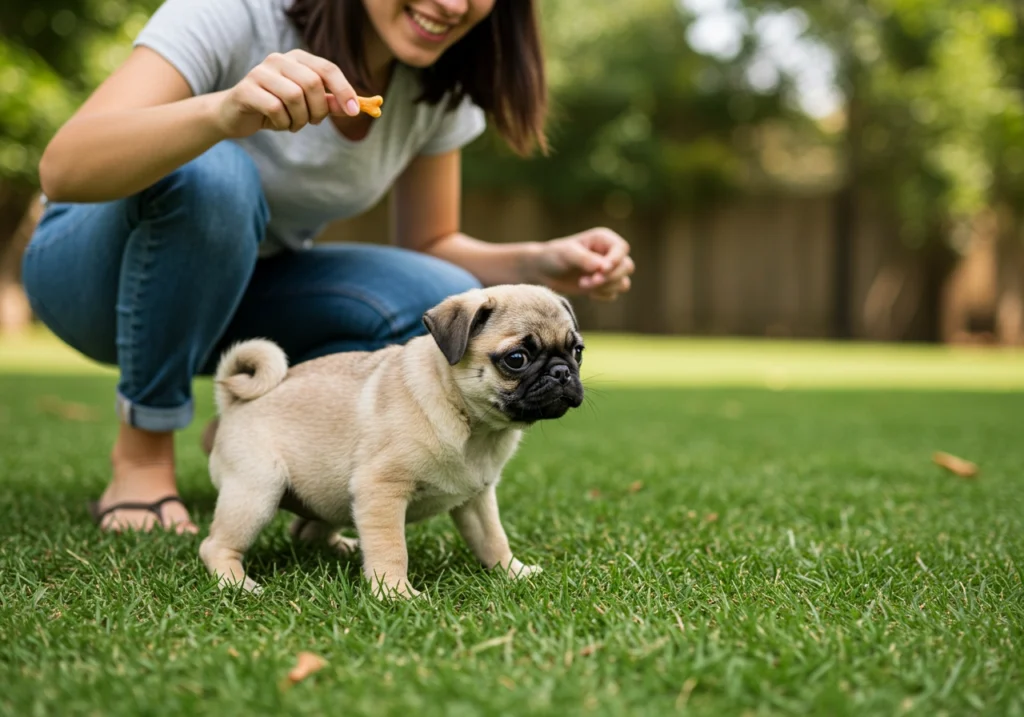
Break big lessons into baby steps. Want to teach “stay”? Start by having them sit for one second, then slowly add more time. Celebrate each small win. Every little step forward is a big deal for your pup.
And remember, if things aren’t clicking today, that’s okay. Puppies have off days too. Keep it positive and try again tomorrow.
🕒 “Puppy brains love quick wins. Keep it short, sweet, and full of smiles.”
5. Training Through Play Makes Learning Feel Like Magic
You know that sparkle in your pup’s eyes when you grab a toy? That’s your secret weapon. Playtime is learning time, and it’s the perfect way to teach important skills without your puppy even noticing they’re “training.”
Fetch teaches come and drop it. Tug builds impulse control (especially when you say “let go” or “wait”). Hide-and-seek games sharpen their focus and recall. And puzzle toys? They work your pup’s brain like a little workout for the mind.
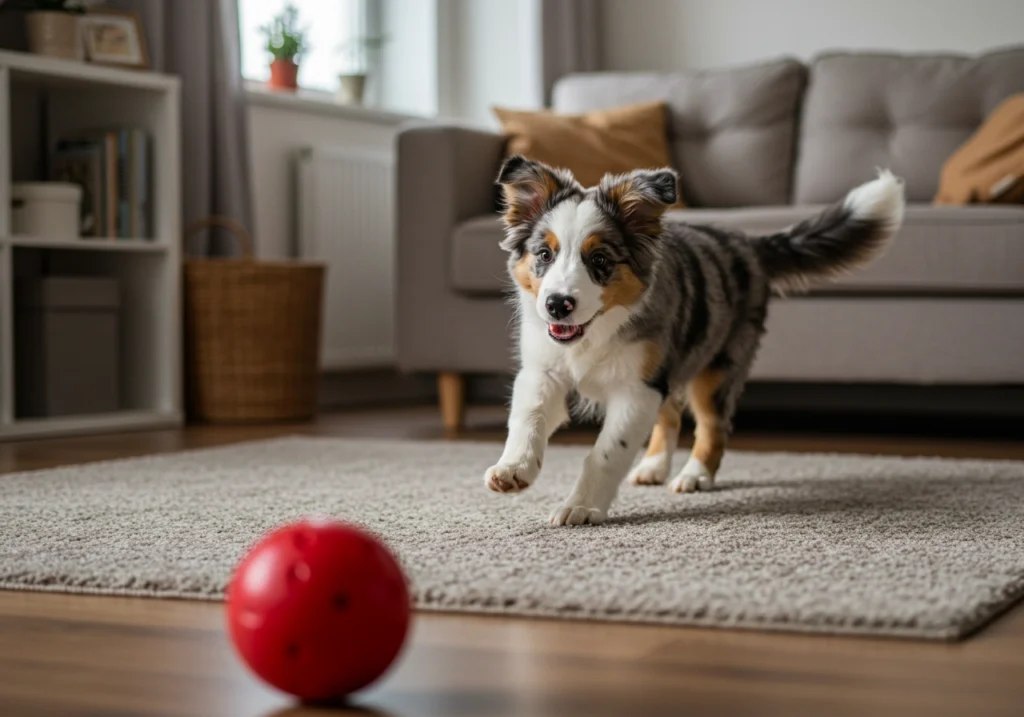
The best part? Play builds trust. It says, “I’m fun. I’m safe. Let’s do this together.” That connection makes your puppy want to listen and learn.
Mix up your training with games. Hide treats and let them sniff them out. Run a mini obstacle course in your hallway. The more fun they have, the more they want to stay close and keep learning.
🎾 “For a puppy, play is more than fun it’s their favorite way to learn.”
6. Just Saying “No” Doesn’t Work Give Clear Directions Instead
Here’s a truth every new dog mom learns fast: saying “No!” a hundred times a day doesn’t teach your puppy what to do. It just confuses them. Puppies don’t know what’s right or wrong yet. They need you to guide them gently.
Instead of saying “No jumping!” say “Sit” and show them how. Instead of “Stop chewing!” offer them a toy they can chew and say “Good chew!” when they take it. Every time you redirect their behavior with a clear word and a better choice, you’re helping them learn how to live in your world.
Remember: puppies don’t misbehave to make you mad. They’re curious, playful, and just trying to figure things out. Your job? Be the calm, loving coach who shows them the way.
🔁 “Don’t just stop the behavior teach a better one. That’s where the magic happens.”
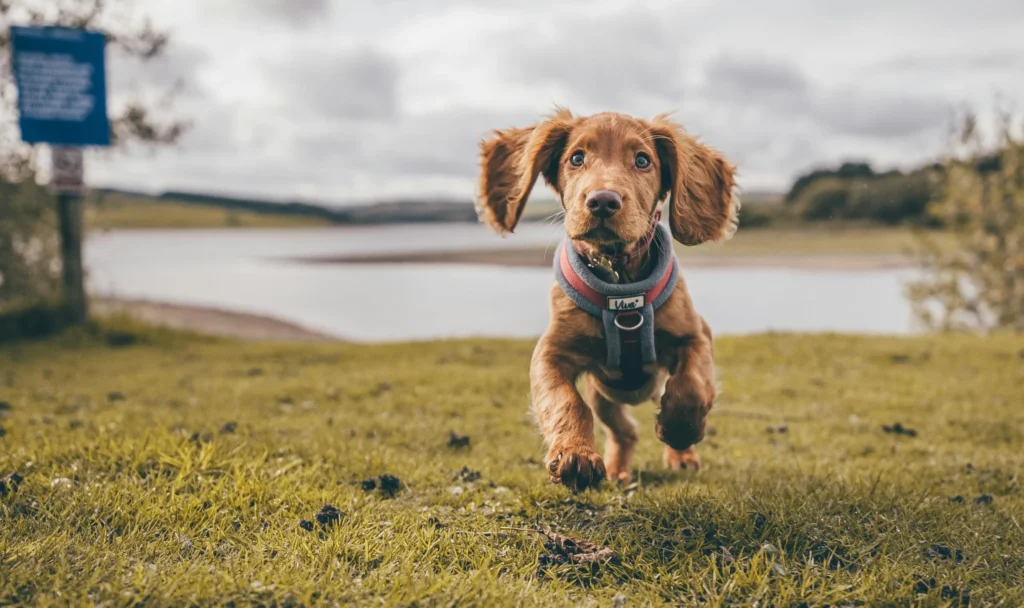
7. Your Puppy’s Name Should Spark Joy (and Attention!)
Your dog’s name is more than cute it’s their attention-getter. And how you use it makes a huge difference in how well they listen.
Use their name only in happy, positive ways. Say it before every command: “Luna, sit.” “Max, come.” Say it when you pet them, when you call them to dinner, when you cuddle on the couch. Make it the best sound they ever hear.
Avoid using their name when you’re upset. If “Charlie” means “uh-oh,” they’ll stop responding. But if “Charlie” always leads to fun, food, or praise? You’ll have their ears in seconds.
Practice calling their name from different rooms, or when they’re distracted. Reward them every time they look your way. Over time, their name becomes the anchor the first step in every good behavior.
🐶 “A name full of love builds a bond full of trust.”
8. Morning Zoomies Are Real and Totally Normal
If your puppy wakes up like they just had five espressos, welcome to the world of morning zoomies! This burst of energy is your pup’s way of shaking off sleep and saying, “Let’s go!”
These zooms aren’t bad they’re natural. But if your pup is bouncing off furniture or chewing socks before you’ve had coffee, it’s a sign they need an outlet.
Start your day with a short play session or walk. Even 10 minutes of movement can help them calm down and get into a better rhythm for the rest of the day. It’s also the perfect time for a quick training session puppies are fresh and ready to focus.
Think of zoomies like a battery that charges overnight. Your pup just needs to burn it off before they can relax.
☀️ “A tired puppy is a happy puppy and a peaceful home starts with play.”
9. Crates Aren’t Cages They’re Safe, Cozy Dens
If the word “crate” makes you think of confinement, let’s flip the script. For puppies, crates are more like safe little bedrooms cozy, quiet, and full of comfort.
Dogs naturally like having a space that feels like a den. When introduced properly, the crate becomes a place your puppy chooses to go to rest. It helps with potty training (puppies don’t like to pee where they sleep), teaches independence, and gives them a calm place to retreat when life gets loud.
Make it special. Add a soft blanket, a favorite toy, and never use it as punishment. Start with short periods and build up slowly. Soon, your pup will trot into the crate all on their own.
🏠 “Think of a crate like your dog’s room not a timeout corner. It’s their safe zone, not a cage.”
10. Potty Training Takes Patience But You’ll Get There
Accidents are part of the journey every dog mom has wiped up a puddle or two. Or ten. But don’t worry, potty training does click. The secret? Routine, rewards, and love.
Take your puppy out after every big moment: sleeping, eating, drinking, and playing. Praise them right after they go outside not after you come back in. Timing is everything.
Clean accidents with special enzyme cleaners (you can find them at most pet stores). Regular cleaners don’t remove the scent completely, and dogs love to return to “marked” spots.
And don’t scold accidents. If they go inside, take a breath, clean it up, and try again. Puppies don’t do it to be bad they’re still learning what their little bodies are doing.
Stick to a schedule and be consistent. Before you know it, you’ll be celebrating your first accident-free week!
🚽 “Potty success doesn’t happen overnight but with patience, it always happens.”
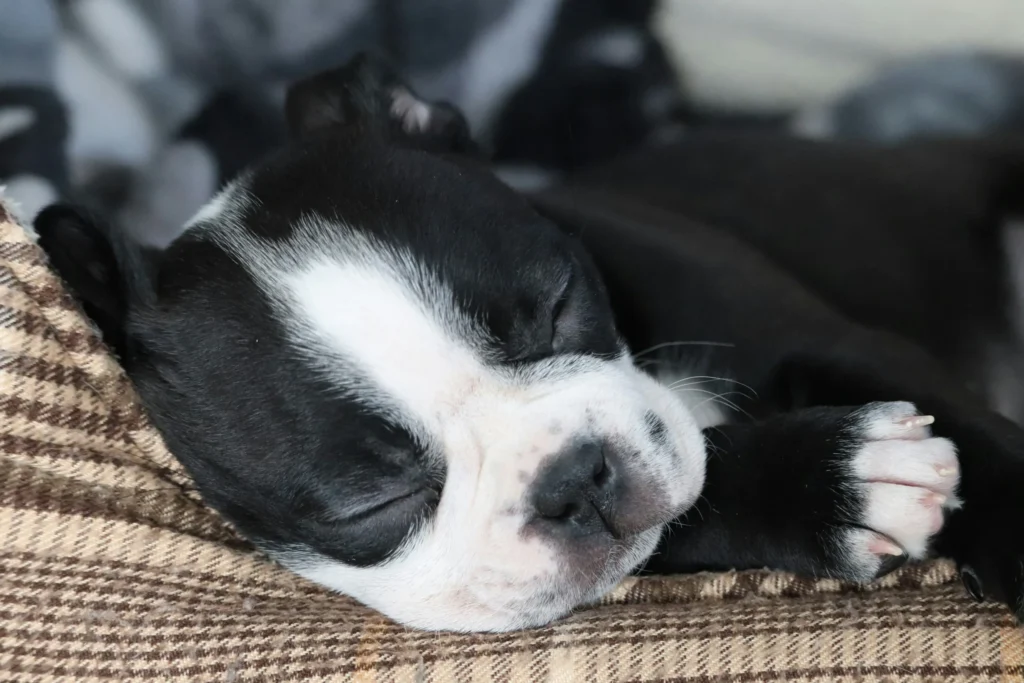
11. Early Social Time Builds a Confident Dog for Life
Puppies aren’t just learning sit and stay they’re also learning how the world works. From ages 8 to 16 weeks, they’re in their social sponge phase, soaking up experiences that shape how they feel about people, sounds, and new places.
Take gentle steps: let them meet calm people of all ages, hear the vacuum, see different surfaces like grass, tile, or sand. Short car rides, quiet stores, puppy playdates (after vet clearance) each one adds a drop of courage to their confidence bucket.
Avoid overwhelming situations, though. Too much too fast can scare them. Keep it low-key and positive. Reward calm curiosity with a treat or loving praise.
Dogs that are socialized early tend to be calmer, friendlier, and less fearful as adults. The more your puppy sees now, the more confident they’ll be later.
🌎 “The world is big but with you by their side, it’s full of safe adventures.”
12. Chewing Isn’t Bad Behavior It’s a Need
You come home and find your favorite slipper in shreds. Deep breath. Before you blame your puppy, know this: chewing is normal. In fact, it’s essential.
Puppies chew to relieve teething pain, explore textures, and release energy. Their mouths are like baby handseverything goes in. So instead of trying to stop chewing, show them what they can chew.Give them a mix of textures: soft plush toys, rubber chews, frozen carrots, or puppy-safe teething bones. Rotate them so your pup doesn’t get bored. When they choose the right toy, praise them like they just won the Olympics.
Caught them chewing something they shouldn’t? Gently redirect with “Uh-uh” and offer a chew toy instead.
🦷 “Don’t fight the chew guide it. Happy mouths make happy homes.”
13. Puppies Crave Rules They’re Not Meant to Be the Boss
Your puppy may be tiny, but without clear boundaries, they’ll try to run the show. And not because they’re naughty they just need structure to feel secure.
Dogs thrive on knowing what’s okay and what’s not. Set simple, loving rules from day one: where they sleep, what they can chew, where to potty, when to eat. Stick to routines and be consistent.When you give gentle guidance, you become their trusted leader. Not a bossy one but a kind, confident one they can rely on.
Without rules, puppies get anxious. With rules, they relax. It’s like how kids feel safer when bedtime is predictable. Dogs are the same way.
📏 “Boundaries aren’t mean they’re comforting. They say, ‘You’re safe, and I’ve got you.’”
14. Puppies Notice Everything You Do
Your puppy is watching you all the time. How you move, how you speak, even your mood. They’re learning by watching.If you rush around and act worried, your puppy might feel nervous. If you stay calm and kind, they feel safe and follow your lead. This is why staying gentle and steady really helps during training.
Try to be clear with your actions. Use the same words, same signals, and the same tone each time. Over time, your puppy will start to know exactly what you want just by your voice or a small hand signal.
Even small habits, like walking calmly out the door or waiting before meals, teach your puppy how to behave.
“Puppies don’t just hear what you say. They feel who you are.”
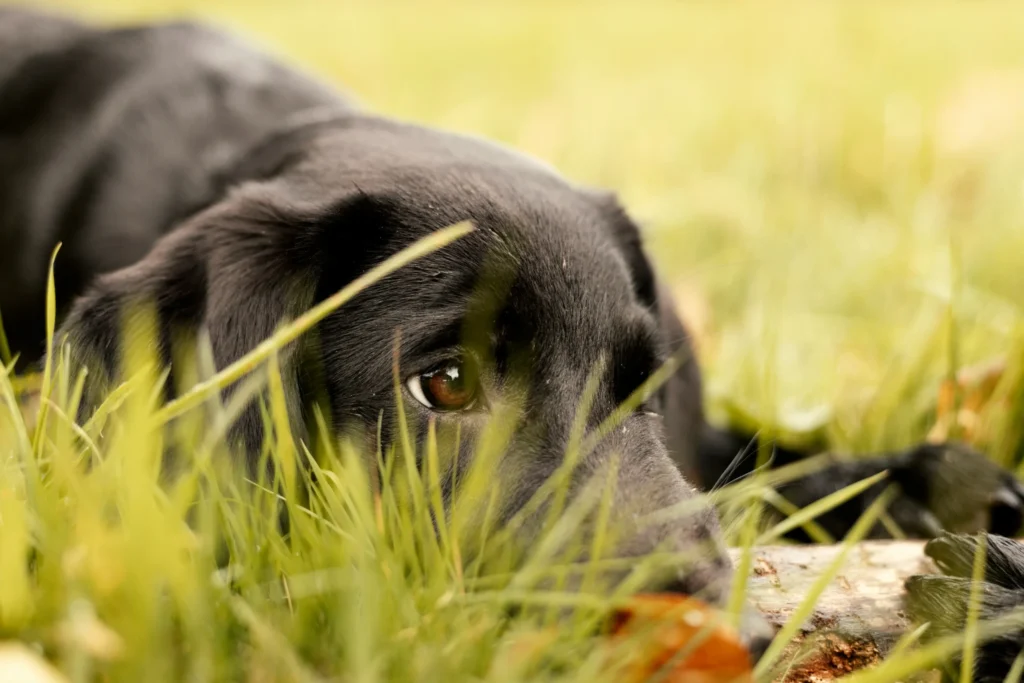
15. Training at Home is Just as Important as Outside
Many new dog moms practice commands like “sit” and “stay” only during walks or at puppy classes. But the truth is, your home is the most important place to train.Home is where habits are born. Teaching calmness near the door, waiting before eating, or coming when called in the living room all these small things add up.
Practice commands in every room. Use your hallway to teach walking beside you. Ask for “stay” before going out the door. Do “come” from the bedroom to the kitchen.
Your pup will understand that learning isn’t just for special places. It’s for every day, in every moment, with you.
“Your home is the first and best classroom your puppy will ever know.”
16. Puppies Get Tired Fast (Even If They Look Full of Energy)
Puppies seem like they’re ready to play all day. But they actually need a lot of rest around 18 to 20 hours of sleep a day!If your puppy starts nipping more, jumping too much, or ignoring commands, they might not be naughty they might just be tired. Puppies get cranky too.
Set up quiet times between play and training. Use soft music, a cozy crate, or just a comfy spot to nap. Teach your pup that rest is part of the day, not just play.
The better rested they are, the more focused and happy they’ll be when it’s time to learn.
“A sleepy puppy is not a lazy puppy it’s a growing, learning one.”
17. You’re Not Failing You’re Learning Together
Some days will feel hard. Your puppy might ignore you, have an accident, or chew something important. And that’s okay. Every dog mom has those days.
What matters most is that you keep showing up with love and patience. Mistakes are part of learning for both of you. Your puppy doesn’t need you to be perfect. They just need you to keep going.Celebrate the good moments. A tail wag. A little progress. A calm walk. These are the wins that build strong, happy dogs.
“You don’t need to be perfect. You just need to be present.”
18. Keep Training Fun Not Like a School Test
If training feels boring or stressful, your puppy will tune out fast. But when it feels like a game, they want to join in every time.
Use silly voices, happy claps, treats, and toys. Make every new skill feel like a party. Even a short play break after a good sit can be the reward.If your puppy gets distracted, don’t get upset. Just restart with something easy and end with a win. The goal isn’t perfect behavior. It’s connection, fun, and steady progress.
“The best learning feels like play, not pressure.”
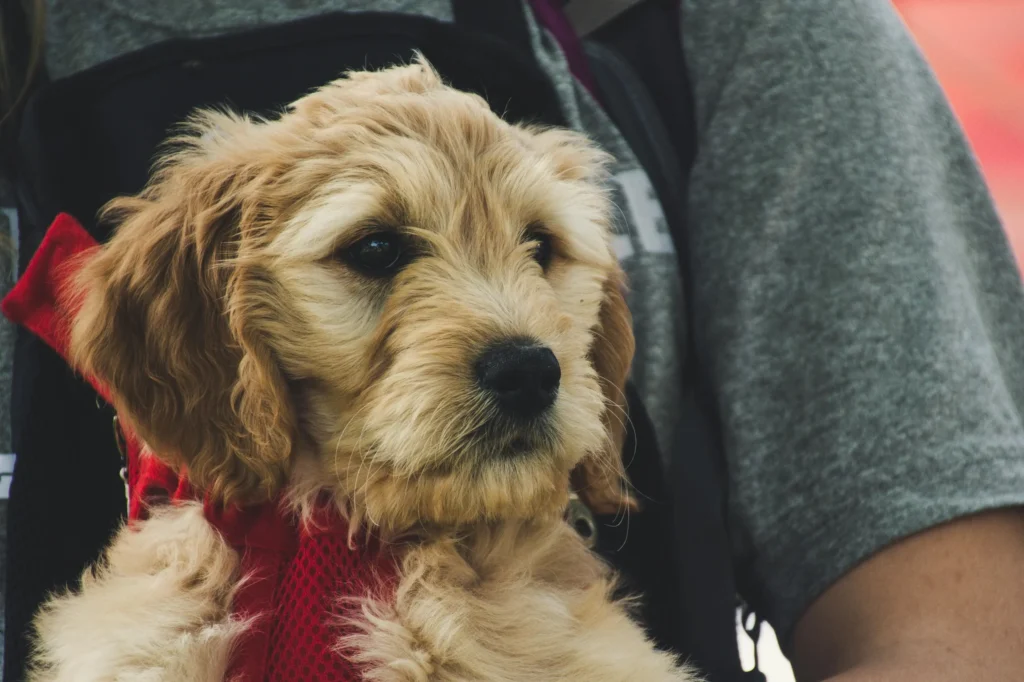
19. Not All Dogs Learn the Same And That’s Okay
Just like people, every dog has their own learning style. Some pick up tricks fast. Others need more time. Some love treats. Others respond more to praise or toys.
Watch your puppy and see what makes them happy. Use that to help them learn. There’s no “right way” there’s only the way that works best for your little one.Go at their pace, not someone else’s. If another puppy seems faster, don’t compare. Your bond is what matters most.
“Your dog’s journey is special there’s no race, just love.”
20. Big Feelings Come in Small Bodies
Puppies feel things deeply. They can get scared, excited, confused, or lonely sometimes all in one day!
A loud noise or a strange object might make them freeze. Meeting new dogs can be thrilling or too much. Be patient with their emotions. Speak softly, move slowly, and comfort them when they need it.Let them take their time. If they’re unsure, stay nearby. You’re their safe place.
“A brave dog starts with a calm heart. You help build that heart every day.”
21. What You Allow Today Becomes Tomorrow’s Habit
That cute little hop on the couch now? It might become daily jumping later. Sharing your sandwich once? It might turn into begging at every meal.
Puppies don’t know the rules until you teach them. If there’s something you don’t want them doing as an adult, gently guide them now.It’s easier to start fresh than to change a habit later. Be kind, but be clear. If it’s a no, let it be a no every time.
“Small choices now build the big dog they’ll grow into.”
22. Don’t Wait for Bad Habits Guide Them Early
You don’t have to wait for your puppy to jump on guests or chew shoes before teaching good behavior. Start early. Show them how to sit to greet. Offer toys before they chew furniture.
Prevention is way easier than fixing habits later. The more you teach early, the less correction they’ll need down the road.
Your puppy isn’t born knowing the rules but they want to learn them, especially from you.
“Good habits grow from early kindness and clear teaching.”
23. Some Days Will Feel Like You’re Not Making Progress But You Are
One day your puppy might do every command. The next, they act like they’ve never heard “sit” in their life. This is normal.
Learning doesn’t move in a straight line. There are ups, downs, and loop-de-loops. Your puppy is growing, changing, and testing.Stay patient. The progress is happening, even when you can’t see it. Your calm, steady love is what makes it all stick in the end.
“Even slow steps move you forward. Keep going.”
24. Celebrate the Small Wins
Did your puppy wait two seconds before rushing out the door? Did they come to you in the yard instead of chasing a butterfly? That’s a win!
Celebrate those little moments. Throw a mini party with praise, treats, or a joyful “Good pup!” These small victories build big confidence.The more you cheer them on, the more they want to keep trying. Training becomes a team game, not a chore.
“Big change is made of tiny wins. And your puppy is full of them.”
25. You’re Building a Best Friend for Life
Every time you teach your puppy, play with them, or comfort them you’re building more than skills. You’re building a lifelong bond.
The time you put in now becomes the trust you’ll rely on for years. A good dog isn’t born. A good dog is grown with love, patience, and time.So take a breath. Smile. And remember: you’re not just raising a puppy. You’re raising your future best friend.
“In a world full of noise, you are your dog’s safe place. That’s the most special job of all.”
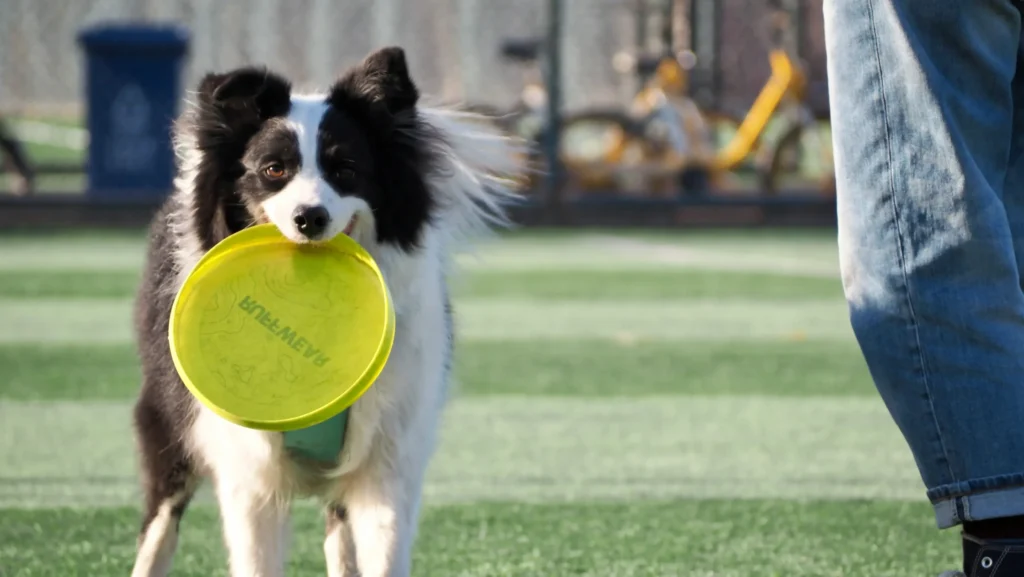
🐾 Final Thoughts: You’ve Got This, Dog Mama!
Raising a puppy is messy, magical, and filled with tiny wins that become lifelong love. It’s not about being perfect.it’s about being present. Keep it simple. Keep it kind. And laugh a lot along the way.
Your puppy won’t remember if you used the fanciest leash or bought the most expensive food. But they will remember how you made them feel safe, loved, and home.So go ahead, dog mom. Give that belly rub. Snap that sleepy-pup photo. And remember: you’re not just training a dog you’re building a friendship that’ll last a lifetime.
“Dogs are not our whole life, but they make our lives whole.” – Roger Caras


